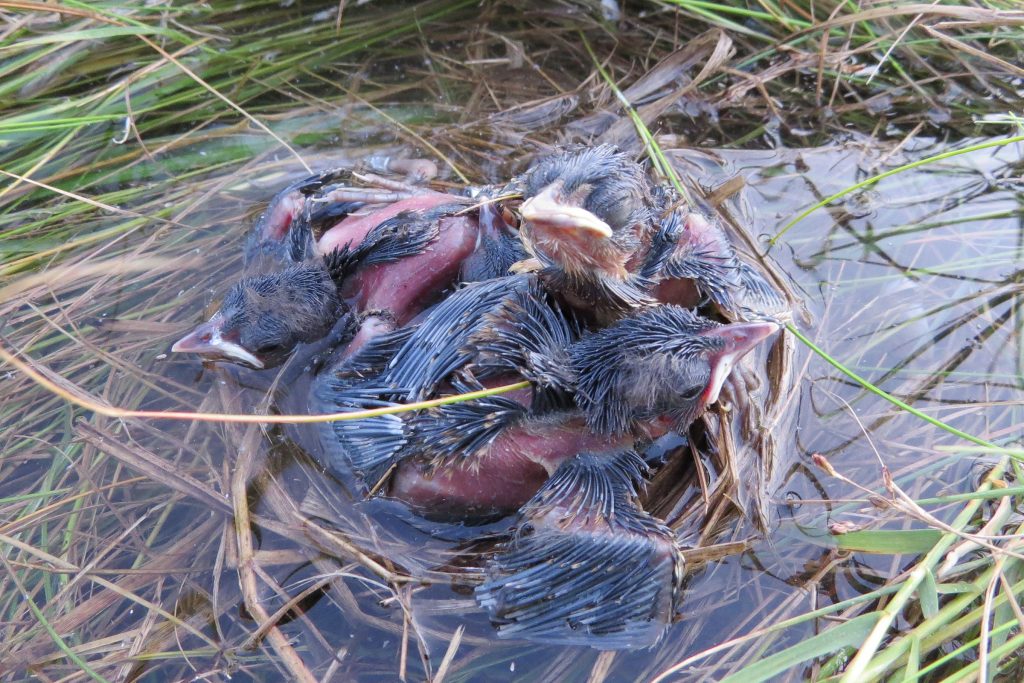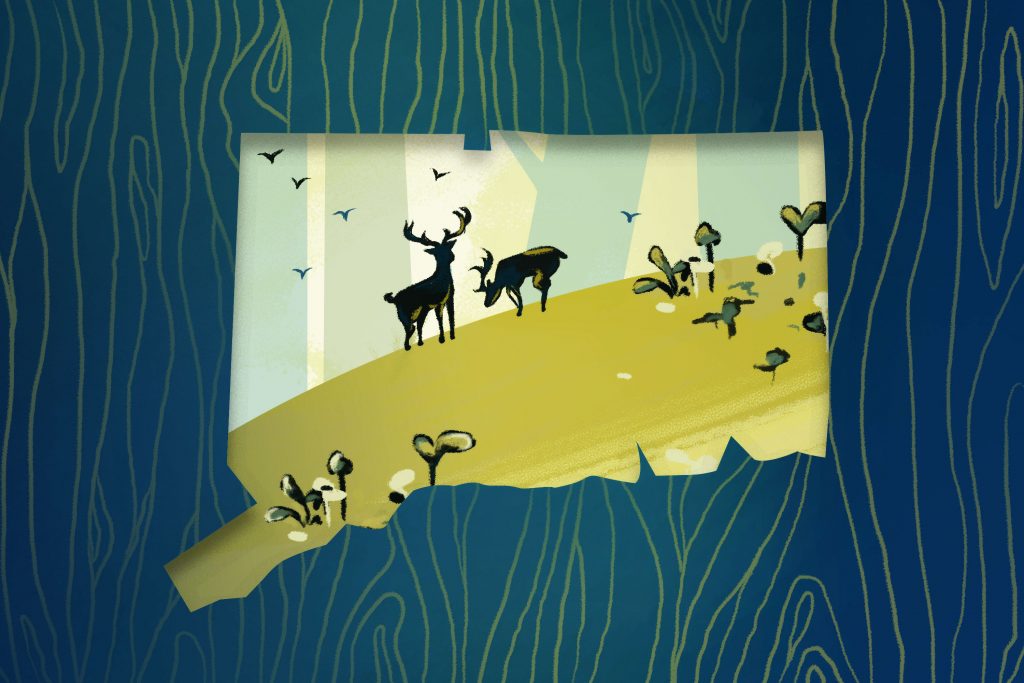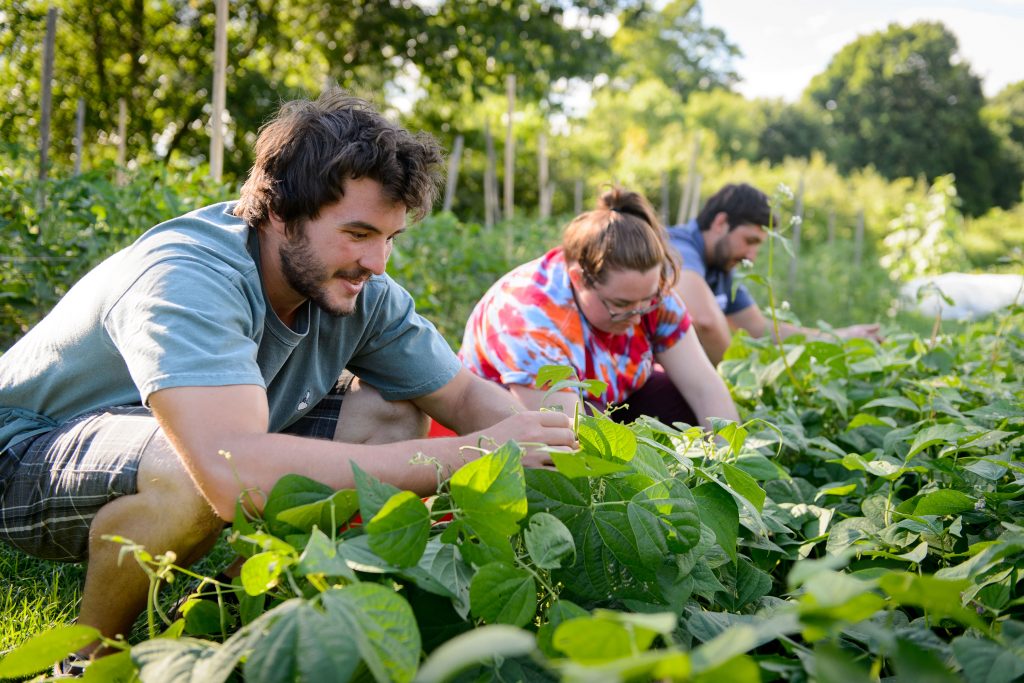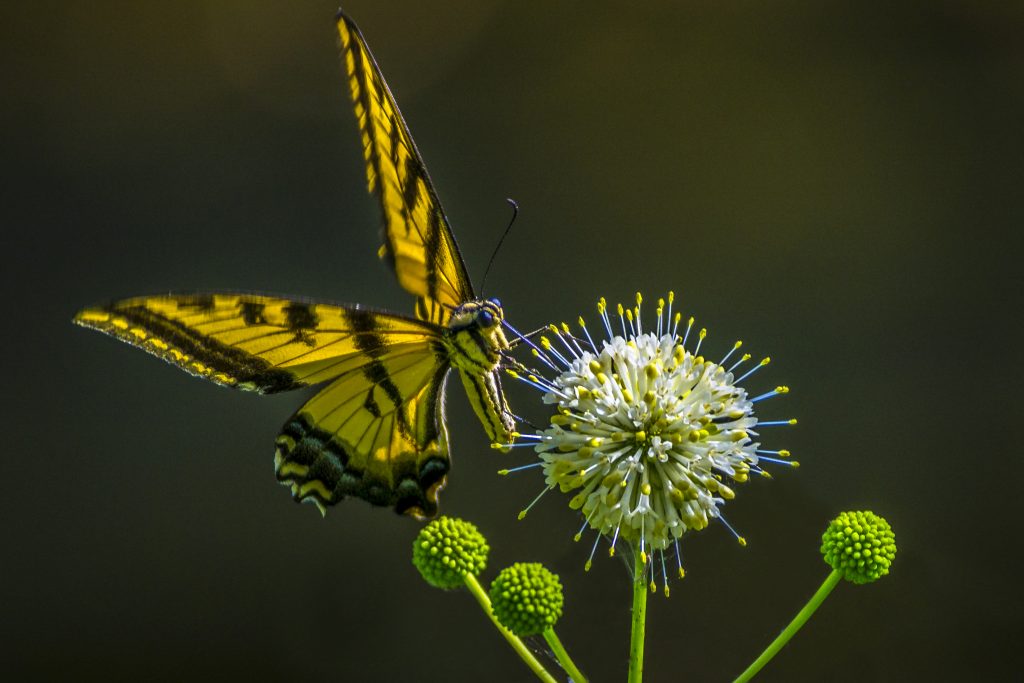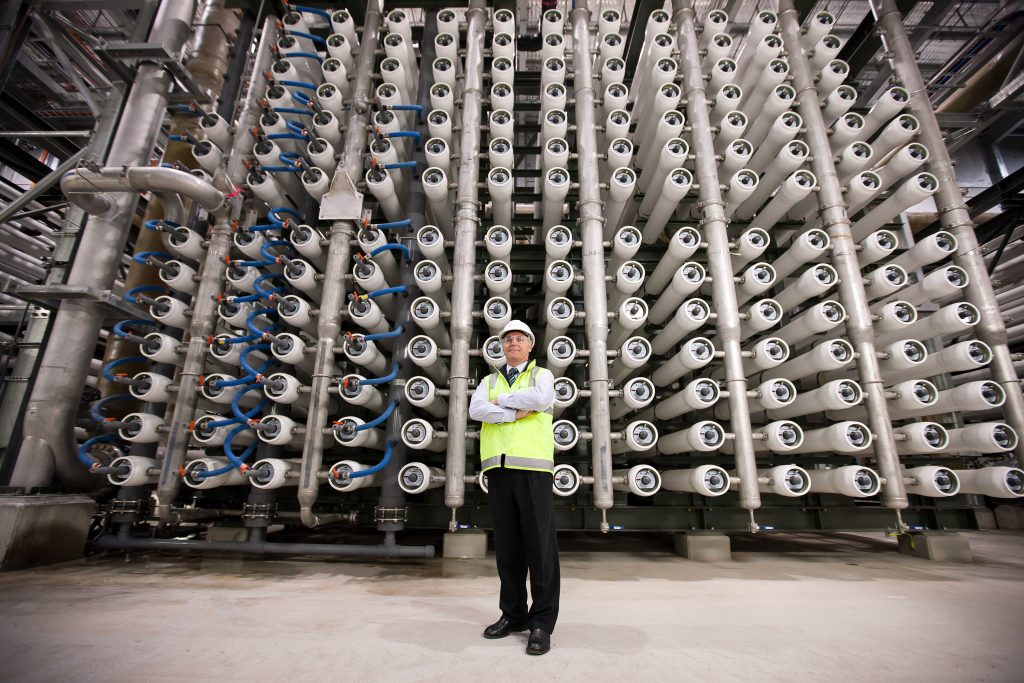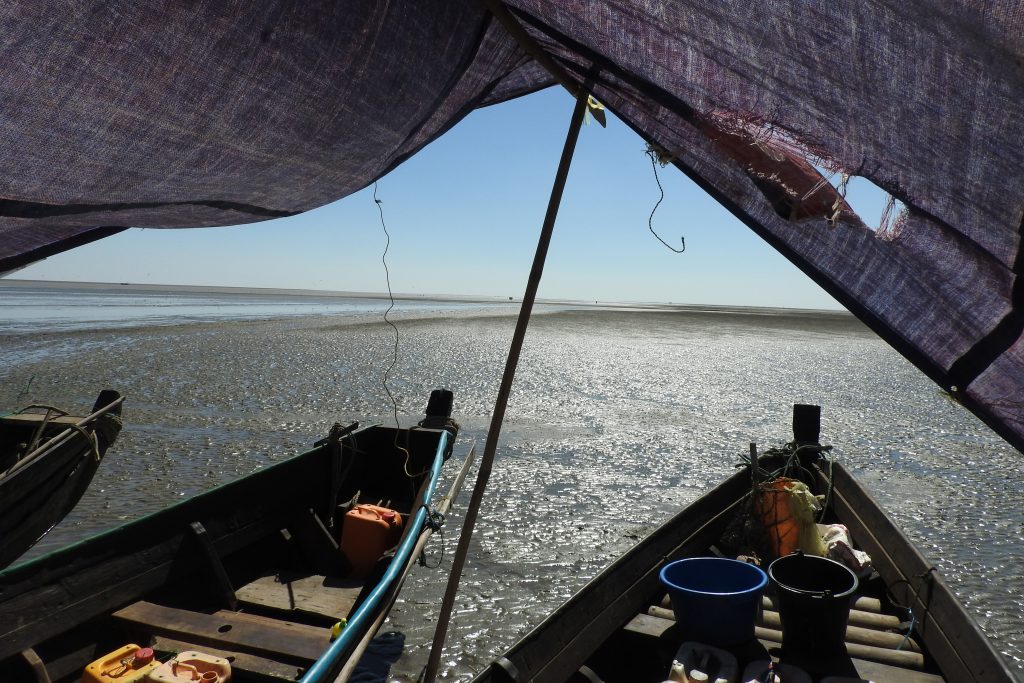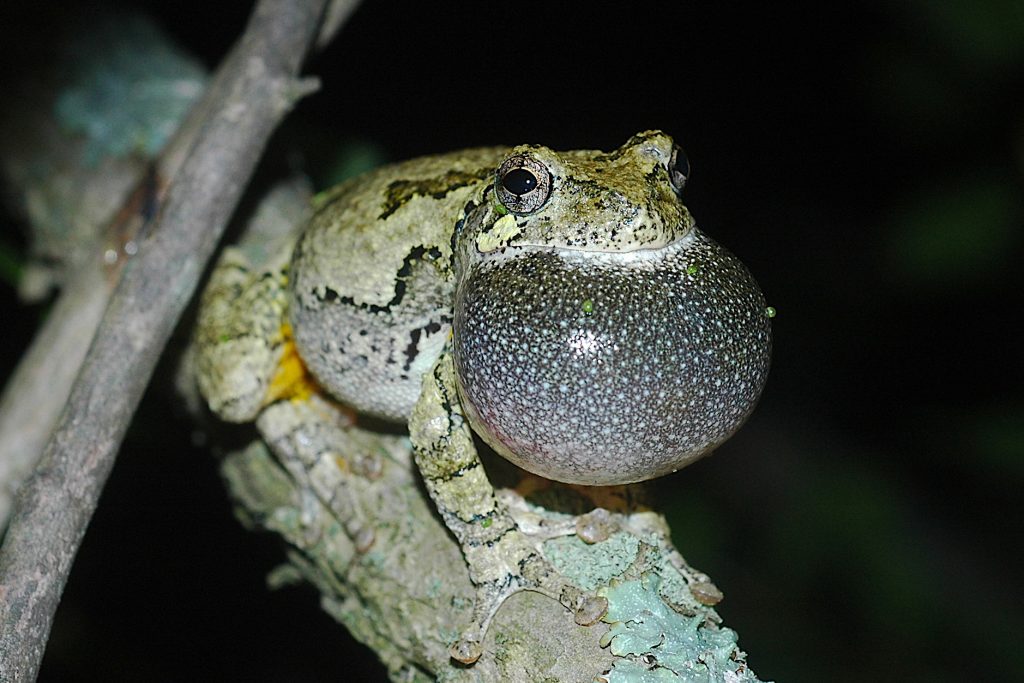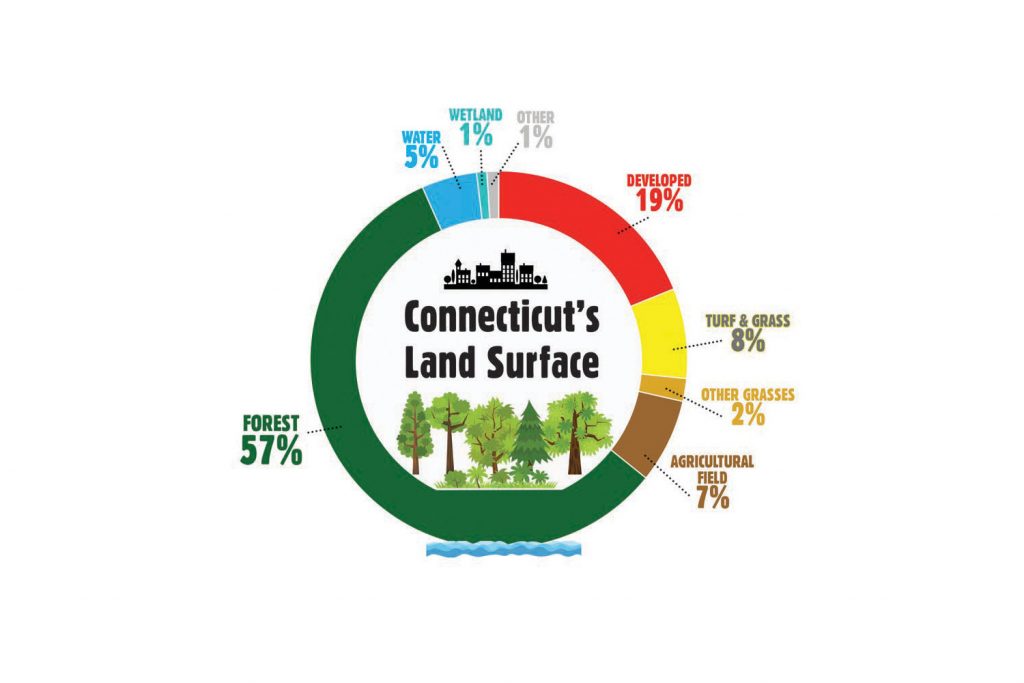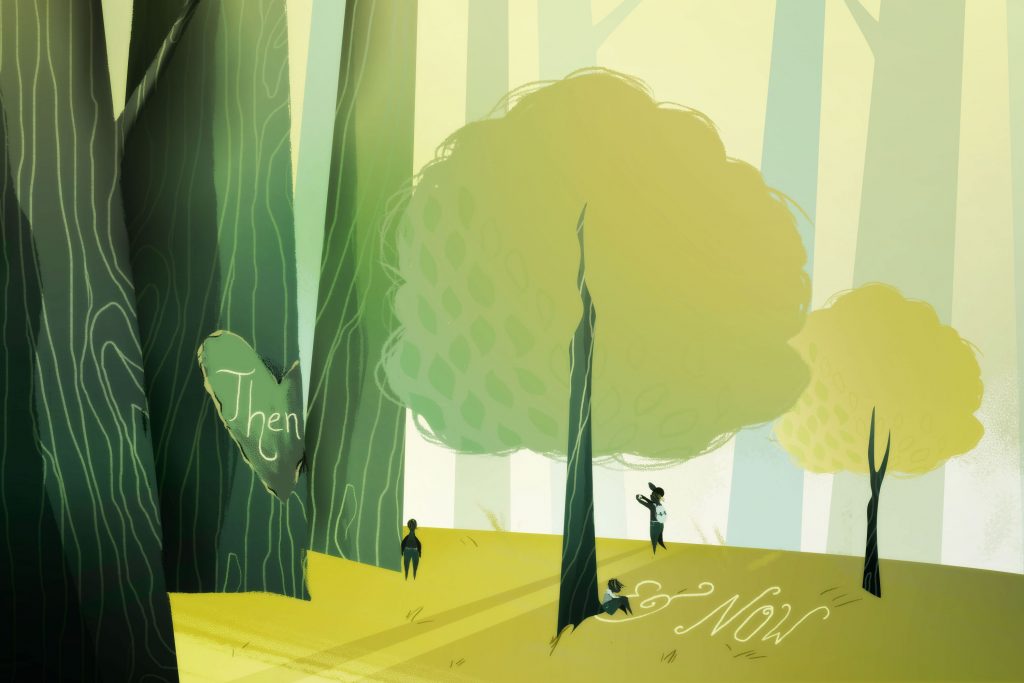Sustainability
Rapid Change – A Tale of Two Species
Climate change is creating winners and losers. UConn researchers are studying two Connecticut examples.
August 29, 2018 | Elaina Hancock, videos by Samantha Apgar
Climate Change in Our Backyard
Climate change is not just happening elsewhere. This series draws attention to local environmental transitions and the many ways UConn students and researchers are investigating and responding to them.
August 28, 2018 | Elaina Hancock - UConn Communications
Sierra Club Ranks UConn a Green Campus Leader Again
One area where UConn consistently excels is dining services. Sustainability efforts include sourcing food from small, community-based and locally owned farms.
August 27, 2018 | Elaina Hancock - UConn Communications
Changing the Landscape – Invasive Plants
Plant science professor Jessica Lubell on invasive plant species and her work to identify native species as alternatives for landscaping purposes.
August 23, 2018 | Elaina Hancock - UConn Communications
New Findings May Lead to Sea Change in Desalination Technology
University of Connecticut scientists use electrospray to produce smooth reverse osmosis membranes with tunable thickness.
August 16, 2018 | Colin Poitras - UConn Communications
Snapshot: Chris Elphick in Myanmar
Researcher Chris Elphick shares photos from Myanmar, where he helped survey species of waterbirds, including a critically endangered sandpiper.
August 16, 2018 | Elaina Hancock - UConn Communications
Nature and Knowledge at Our Doorstep
Students exposed to nature, some for the first time, soon become fascinated and eager to learn more.
August 15, 2018 | Elaina Hancock - UConn Communications
Jury finds Monsanto Liable in the first Roundup Cancer Trial – Here’s What Could Happen Next
A UConn Health professor with experience of trying to help figure out why people get cancer discusses implications of the Roundup verdict.
August 13, 2018 | Richard Stevens, School of Medicine
Preserving Green Spaces in Connecticut’s Changing Landscape
Smart land use management is critical in order to preserve open space, says extension educator Chester Arnold. 'It isn’t something we can go back and fix later on.'
August 9, 2018 | Elaina Hancock - UConn Communications
Connecticut’s Forests Today a Far Cry from Towering Giants of Old
'We tend to look at deforestation in areas like the tropics, but we should also look at what is happening in our own backyard,' says researcher John Volin.
August 1, 2018 | Elaina Hancock - UConn Communications
